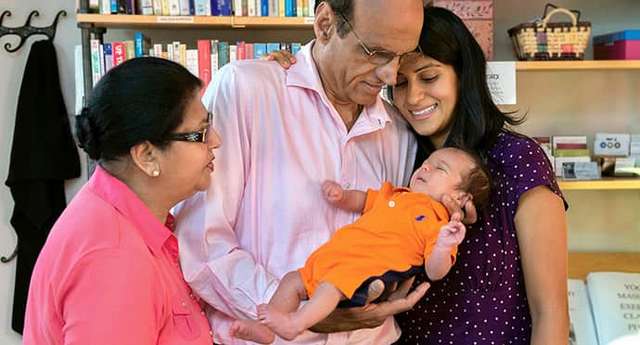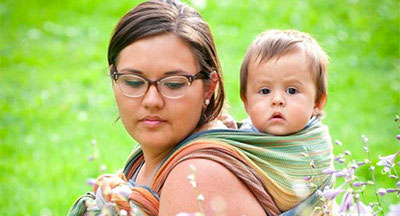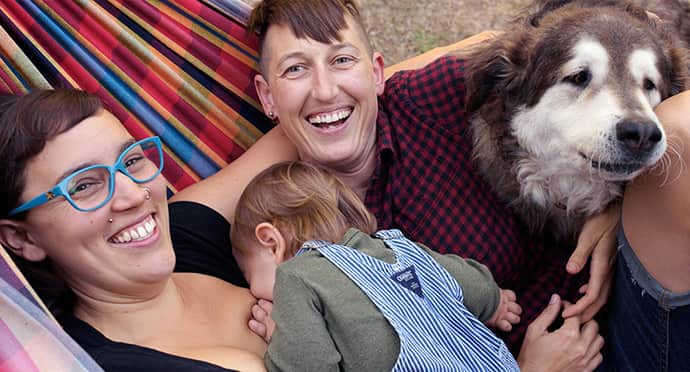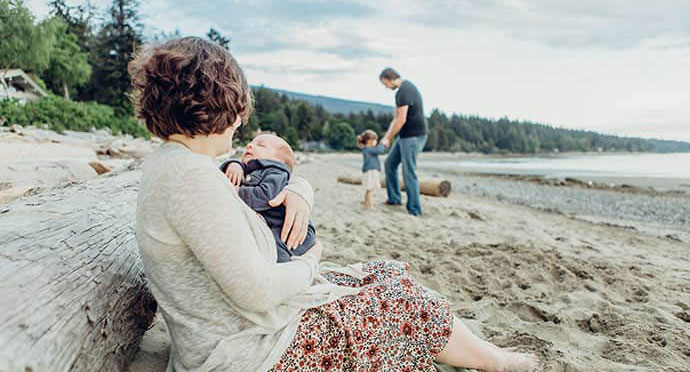Ilana Stanger-Ross & Aly Jones
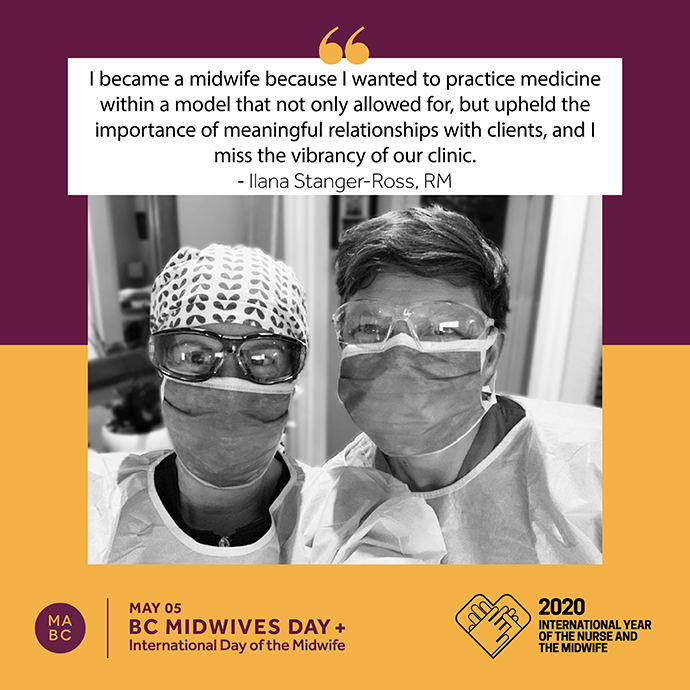
What are the challenges you’re facing as a midwife practicing during the pandemic?
It’s challenging to stay on top of what’s really been a deluge of new information—studies, practice protocols, guidelines, discussion forums. The first few weeks of the pandemic were nearly overwhelming: adjusting clinic schedules, arranging for our MOA to work at home, sourcing PPE (this was incredibly stressful), and of course staying current with research. Absolutely as important: communicating with our clients about all these changes and ensuring that they were all aware of Covid-19 self-isolation recommendations, while also offering reassurance and support. All that said, I'm proud of how quickly our practice and the practices of other midwives I know adjusted to this new reality. Midwives are unique as clinicians in that we practice both in the hospital and in the community. There was so much thoughtful communication between midwives about how best to keep our clients and ourselves safe as we navigated both environments—it was really a remarkable dialogue.
How has your midwifery practice changed since the pandemic?
Our clinic is normally a warm and bustling space—clients chatting as they wait for appointments, toddlers playing with toys and “helping” me with blood pressure and belly measurements. I became a midwife because I wanted to practice medicine within a model that not only allowed for but upheld the importance of meaningful relationships with clients, and I miss the vibrancy of our clinic. These days my clinic days are just so quiet. Many of our visits are on Zoom, and for those that are in person we ask our clients to come alone. We stagger visits too, both to promote social isolation and also so that we can disinfect everything between each client. And of course- I look pretty different. Surgical cap, surgical mask, gown, gloves. I know my eyes wrinkle when I smile, but still—it’s not the same. I really do believe we can provide safe care without compromising care—in fact, we have to do both. But it’s work, it’s constant vigilance, it’s driving around town wearing a surgical mask and washing your clothing every night, it’s keeping hand sanitizer on every desk, in my purse, in my car, and thinking anytime I enter a client’s house, and anytime I enter my own house, am I safe, am I doing everything I can to ensure that I am not potentially bringing Covid-19 into this house.
What, if anything, is helping you get through this crisis?
I feel so lucky to be working in British Columbia, where levels have been stable. I am so grateful for our government and for our medical and midwifery leadership – including Jill and Aly. So much has been done to provide us with evidence-based information and up to date guidelines, and so many people have worked so hard to source adequate PPE. My clients are amazing- their resilience astounds me. I also remind myself that, while being vigilant about Covid-19 is essential, it’s also true that birth has not changed. Pregnancy has not changed. Newborns have not changed. Like the old song says, “The fundamental things apply, as time goes by.” Birth is the ultimate fundamental thing. So there’s a lot of stability there—and a lot of joy, too.
Is there anything else you’d like to add?
Just that in addition to being a midwife I’m a mother, a wife, and a daughter. Probably the hardest aspect of this for me is that my own mother is 78 and lives alone in Manhattan. It’s never been easy to live so far away, but it’s never been like this before, either. It’s important to recognize that as a society we’re all aching. We’re all missing people we love, and worrying about people we can’t help. New families especially are aching to share their babies with those closest to them, and to get a bit of respite every now and again. Practicing midwifery during a pandemic has its challenges, but ultimately I feel pretty lucky that I get to take that achiness and ease it, a bit, by providing essential care to others.
We need to be so gentle with one another during this time, so aware that so many people are scared, and lonely, and struggling. We just really need to be good to each other.

